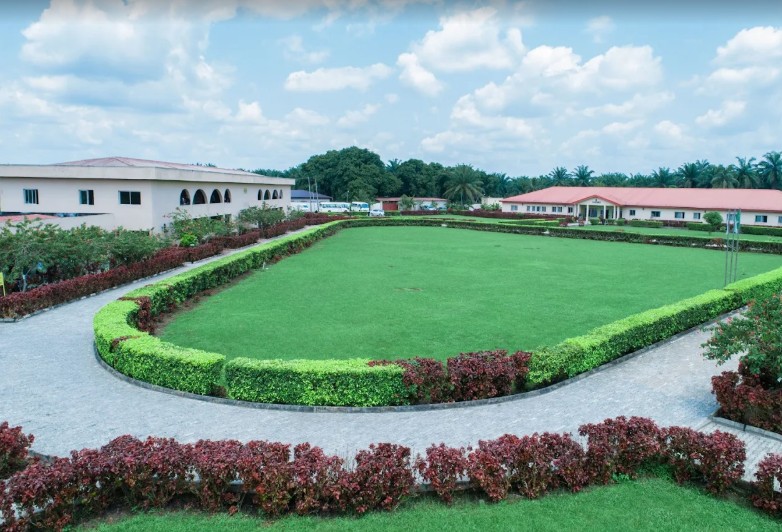15. July 2025
Admin
Why Some Private Schools Are Charging More Than Universities in Nigeria

It’s becoming more common in Nigeria to hear of private secondary schools charging over ₦1 million per session — sometimes even more than private universities. This has sparked questions among parents and educators alike: Why are primary and secondary schools becoming more expensive than higher institutions? Here's a deep dive into the real reasons.
Quick Insight: Many private schools now offer premium services, international exposure, and luxury experiences that exceed what many universities provide.
1. Personalized and Premium Learning Experience
High-end private schools often offer:
- Smaller class sizes for individual attention
- Cambridge/IB/British curriculum integration
- Modern teaching tools like smart boards, tablets, and digital labs
- Internationally trained staff
These upgrades come at a high cost per student.
2. Modern Facilities and Infrastructure
Unlike many public or private universities with outdated structures, top private schools boast:
- Air-conditioned classrooms
- Sports arenas, swimming pools, music studios, robotics labs
- 24/7 power supply, CCTV surveillance, and secure hostels
- Gated, tech-enabled campuses
These features mirror elite institutions abroad — and cost a lot to maintain.
3. International Exposure and Certifications
Many premium private schools:
- Offer IGCSE, SAT, TOEFL prep as part of the curriculum
- Organize foreign trips, exchange programs, and international competitions
- Prepare students for Ivy League and top global universities
These experiences are reflected in the tuition price.
4. Staffing Costs and Teacher Quality
To retain quality teachers, schools often:
- Pay competitive, sometimes international-level salaries
- Offer regular training and professional development
- Hire expatriates or overseas-educated staff
Unlike public universities, where salaries are often delayed or below market, private schools prioritize staff welfare.
5. Demand for “Status” and Educational Branding
For some families, school choice is about prestige:
- Parents want a school with a certain brand image
- High fees are perceived as proof of quality
- Social networking, environment, and exclusivity influence choices
This “education as lifestyle” model drives costs even higher.
6. Limited Government Regulation
Unlike federal universities, there’s:
- No cap on what private schools can charge
- Limited regulation on fee increases or profit margins
- Parents who can afford, pay — and those who can’t, look elsewhere
This market-driven system allows elite schools to charge more than private universities.
Final Thoughts
Private schools charging more than universities is no longer strange — it reflects a shift toward personalized, globally-aligned education at the pre-university level. While the value can be worth it, parents must research carefully and ensure the outcomes justify the cost.
Note: A higher fee doesn’t automatically mean better quality. Parents must assess real academic value, not just brand appeal.
